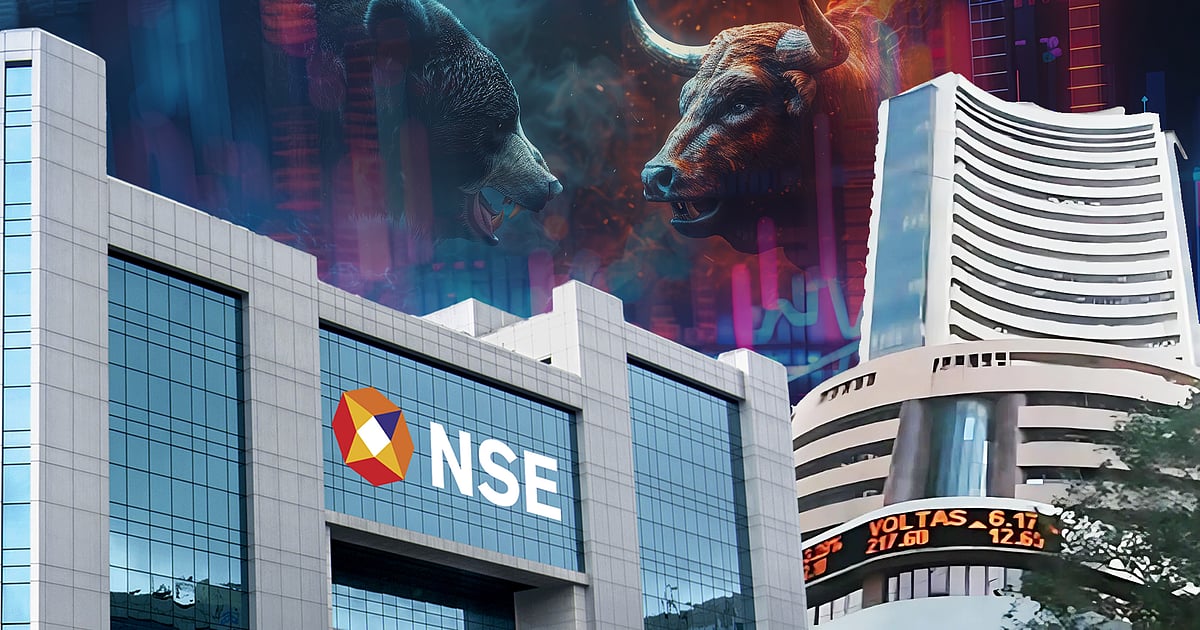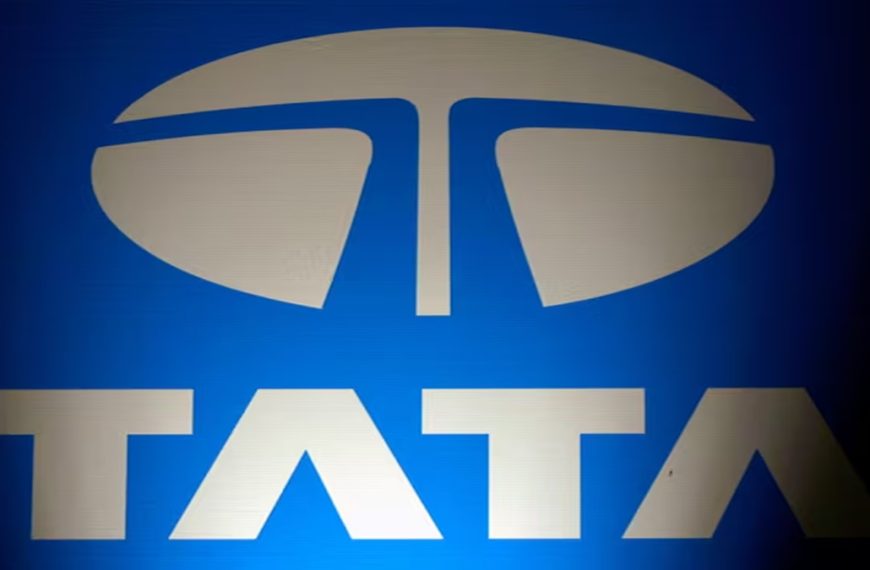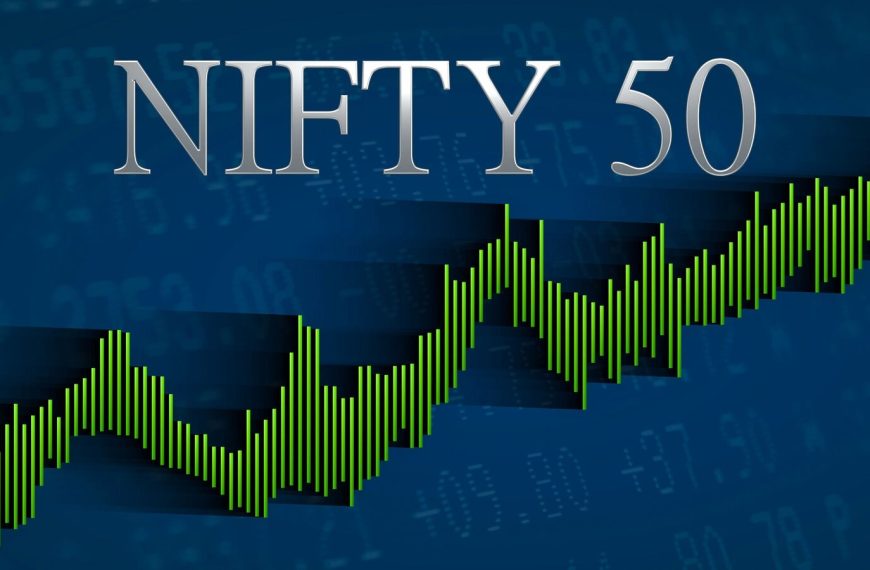The Indian stock market faced a significant downturn on Monday, as it mirrored the global financial landscape. The National Stock Exchange (NSE) reported a staggering loss of nearly Rs 17 lakh crore in investor wealth, with both the NSE Nifty 50 and BSE Sensex tumbling sharply at the start of trading. This sudden dip came in the wake of US President Donald Trump’s recent tariff announcements, which sent shockwaves through international markets.
Major Losses Among Large-Cap Stocks
The sell-off primarily impacted large-cap stocks, with notable companies such as Reliance Industries Ltd., Tata Consultancy Services (TCS), and HDFC Bank collectively losing around Rs 1.7 lakh crore in market capital.
- Reliance Industries suffered a loss of approximately Rs 62,200 crore.
- TCS saw a decrease of about Rs 54,400 crore.
- HDFC Bank experienced a market cap reduction of roughly Rs 38,200 crore.
The overall market was not spared, with the Nifty 50 plunging over 5% to settle at 21,743.65, while the Sensex fell by 5.23%, trading at 71,425.
Mid-Cap and Small-Cap Stocks Also Hit Hard
Mid-cap stocks were not immune to the market turmoil. For instance, Mazagon Docks lost around Rs 9,000 crore, Lloyds Metals shed Rs 8,100 crore, and BSE Ltd. saw a drop of Rs 5,700 crore. In the small-cap sector, Chola Holdings, Wockhardt, and Sarda Energy were among the worst affected, with losses of Rs 2,500 crore, Rs 2,100 crore, and Rs 1,900 crore, respectively.
The most affected sectors were Nifty Metal, Nifty IT, and Nifty Defence, indicating a widespread retreat as investors scrambled to liquidate their assets.
Impact of Tariffs on Global Economic Stability
This drastic market shift is largely attributed to Trump’s announcement of a 25% tariff on automobiles and parts, which also includes reciprocal tariffs on Indian imports. These developments have raised alarms regarding rising trade tensions and their potential repercussions on global economic growth.
- The tariffs are likely to disrupt international supply chains.
- Increased costs for businesses and decreased consumer demand could lead to further market instability.
As expected, this turbulence had a domino effect across global markets, with major indices in the US, Asia Pacific, and EMEA regions recording substantial losses. Indices like the Nasdaq Composite, Nikkei 225, and Hang Seng were particularly hard-hit, showcasing the widespread nature of these trade-related concerns.
In summary, the Indian stock market’s crash on Monday serves as a stark reminder of the interconnectedness of global markets and the substantial impact that trade policies can have on investor sentiment and economic stability.











